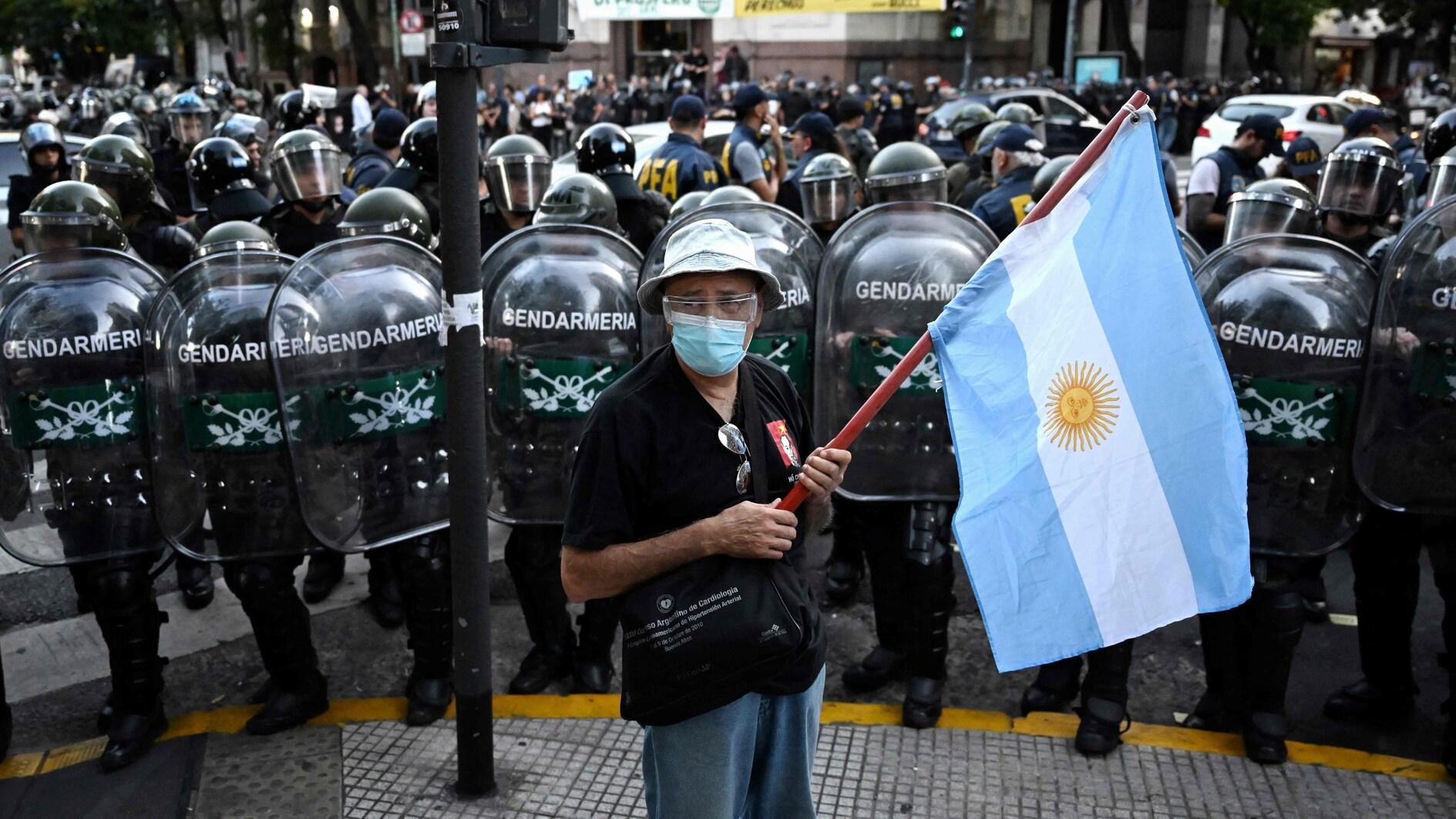‘For the good of the country’
“The prime minister did not know. I was acting on my own initiative as a mediator for the good of the country. The 500,000 Greeks who voted for Golden Dawn are not Nazis. For the good of the country, someone had to meet with these people,” said Takis Baltakos, the former General Secretary of the Antonis Samaras’ Cabinet, and until his sudden resignation, the closest adviser of the prime minister.
Baltakos’ resignation came hours after Ilias Kassidiaris, a deputy of the extreme right-wing party of Golden Dawn, released a secretly filmed video on YouTube showing Baltakos in the offices of Golden Dawn openly accusing the Greek prime minister of orchestrating a judicial inquiry against the Golden Dawn in order to stop them from gaining votes from his New Democracy party. The release of the video shocked the public and the opposition asked for the resignation of the government.
These are tense days in Greek politics. In a special session, the Greek Parliament voted to lift the immunity of another five Golden Dawn deputies following new evidence accumulated by Greek prosecutors who have been conducting an inquiry into the actions of the group since last September.
The inquiry was ordered after the fatal stabbing of a popular Greek rapper, Pavlos Fyssas, by a member of Golden Dawn. So far, the prosecution has found that the party acted as a criminal organization and that several deputies were directly linked to the attacks against immigrants, leftists and gay people, as well as crimes like possession and the illegal use of arms. After the recent decision by the Parliament, 13 deputies, including the party’s founder, Nikos Mihaloliakos, have been placed in custody pending trial. They insist that their prosecution has purely political motives because of their increasing popularity, and they indeed remain the third-biggest party.
The “Baltakos-gate” as it was labeled by the Greek media, could not have come at a worse time for the Samaras government; that is to say at a moment when it felt most secure. It was just at a point when it had claimed “victory over the economic crisis” and was ready to stand on its own after four years of deep recession, tough austerity programs and structural reforms linked to ECB-IMF bailout agreements.
Actually it was last week that the European Union finance ministers, during an informal meeting in Athens, had confirmed that Greece would receive 6.3 billion euros from its pending EU bailout fund at the end of April, with two more slices of 1 billion euros in June and July. And, although its majority had by now come down to just two after several defections, the government had publicly announced last week that it was planning a return to the markets. So the stage was set for a promising run for the crucial local and European elections next May which were seen as a credibility test for Samaras’ New Democracy and a test of survival for its junior partner, the socialist PASOK.
The case of Baltakos opened old wounds. These relate to the importance and function of a number of close aides to the prime minister with declared nationalistic and anti-leftist sympathies. They were brought into the party by Samaras when he entered the government and gained prime importance over the running of the government causing frustration among the more moderate party members. The rise of the leftist coalition of Syriza and its possible electoral victory alarmed the policy planners of New Democracy and gave a good reason for this close advisory group to push an attitude of “tolerance” toward Golden Dawn. Some put forward the theory of “two extremes and two evils” by equating Golden Dawn with the official opposition party, Syriza, and some friendly commentator had suggested that, “if needed,” New Democracy could collaborate with the “good side” of the Golden Dawn.
The murder of Fyssas caused a huge public reaction and a policy change in the government. Golden Dawn was then seen as a criminal gang, the Justice Ministry sent a pile of files it kept for some time to the judicial authorities and an urgent inquiry was launched.
But what the video leak showed was that it is never easy to flirt with a “criminal organization.” They have their reserves and they do not give up easily. The rumors that more embarrassing information may be leaked soon could prove a nightmare for the government. And just weeks before the elections, the Balkatos-gate has already hit the government. The latest polls show that in just a day, the image of the Greek prime minister dropped from 44.8 to 41.2 percent, while Syriza is ahead.











